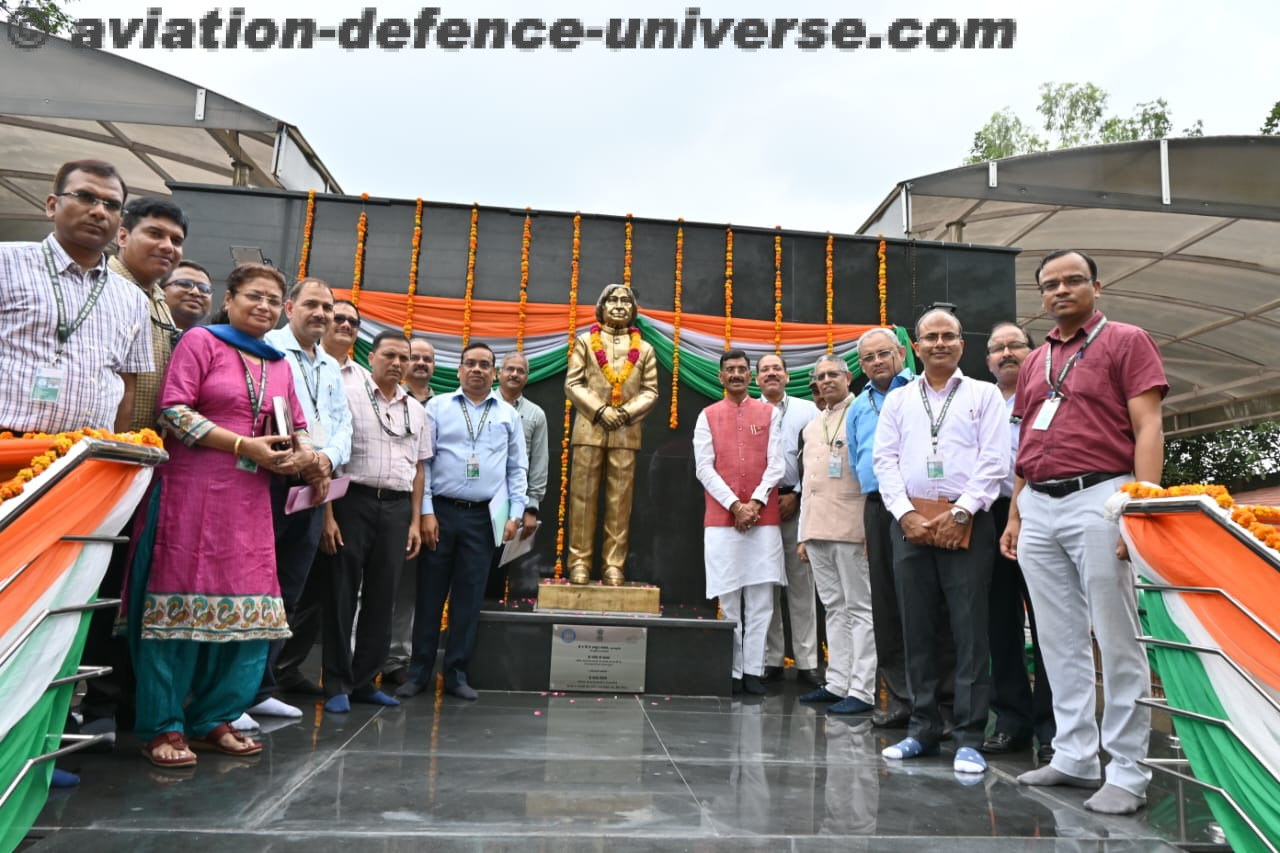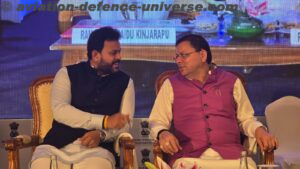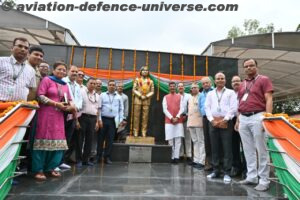By Sangeeta Saxena
New Delhi. 11 January, 2016. The expectancy of months and specially of the day ended with the announcement of changes to be made in the Defence Procurement Procedure-2013, at the Defence Acquisition Council meeting held today.
A committee of experts headed by former Union Home Secretary Dhirendra Singh suggested changes to DPP and out of which those cleared were announced by Minister of Defence Manohar Parrikar.
The most important change is that DPP will have a new category called the ‘IDDM’ or ‘Indigenously Designed, Developed and Manufactured’ platforms, which will be the first to be chosen for tenders. Of the two sub-categories under this category 40 per cent local content will be mandatory in case the design is Indian and if the design is not Indian, 60 per cent local content will be mandatory. This will definitely boost the indigenous industry including SMEs and MSMEs.
Three changes have been recommended in the Make category. Firstly, while disbursement of contracts government will ensure that projects with costs less than INR 10 crore will be reserved for Medium and Small Scale Industries (MSMEs) and opened up to larger companies, if no MSME can ‘develop the required prototype’. The remaining 10 percent of the development cost will be refunded by the government to the development company if an Request For Proposal (RFP) for the equipment developed is not issued within two years of the successful development of the prototype.
Secondly there will be projects that will be hundred percent funded by industry on the understanding that the complete cost of the development cost would be refunded to the developers of a successful prototype, in case the RFP is not issued for the developed equipment within two years of successful development.
And thirdly there will be projects funded by MSMEs with a development cost of no more than INR 3 crore . In this case clarity on government funding will be clear only after the DPP is published.
In the policy to fund indigenous companies in Research and Development to encourage more local development, the Department of Defence Production will fund up to 90 per cent of the R&D, of which 20 per cent will be given in advance and in 24 months the entity will be given tender. If the tender is not given, the private company will get a refund of its expenses. Another one will be funding of Rs 10 crore for R&D to medium-scale industry.
Another major change is raising of the limit of ‘off-sets’ from Rs 300 crore to Rs 2,000 crore, for foreign companies. Foreign OEMs will surely heave a sigh of relief as now as they will have to fulfill offset obligations only if the orders have a value of INR 2,000 crore (INR 20 billion or USD 300 million) and above.
This time the DAC has also beefed up the required indigenous content under Buy (Indian) to 40 percent from the existing 30 percent. This will be a fillip to the Indian ancillary industry, MSMEs and SMEs.
Reduction of the validity of the Acceptance of Necessity (AoN) from one year to six months is another change which will hasten the government’s process of floating of tender. Also now the lone single bidder to a tender will no longer mean automatic withdrawal of the RFP. The merit of the bid product will be the reason for retracting the RFP in such cases and if the product is suitable to the requirement, it will be considered.
Another positive change for bidders will be that if any vendor who exceeds the requirements of the SQRs by meeting the ‘Enhanced Performance Parameters’ in the RFP , in the technical bid opening, will be awarded an additional weightage of 10 percent for which they will get credit while evaluating their commercial bid for the determination of L1. It may be recalled that under the DPP-2013 to qualify for the technical shortlist and be considered for the opening of the commercial bids, a vendor only had to make sure their product exhibited for trials was compliant with the Staff Qualitative Requirements (SQRs) or met the requirements of the technical parameters.
In another recommendation each of the three Services will have a Major General-rank officer for project management to keep the process of defence production in line with the long-term perspective plan and he will be responsible for all ‘Make’ projects. So it seems that the days of aimless production for the indigenous industry are gone. Now they can match steps with the nation’s defence needs and government’s plans.
And also as if on que DAC has given itself also some respite.The DPP plans to set up an empowered committee to solve disputes or unforeseen issues, which are at the moment DAC’s problem.
DPP in its changed avatar will give both the Indian and foreign industry something more, but the actual details of this change will be clear once the recommendations are incorporated and published , hopefully by March and announced at Defexpo in Goa.


























































































































